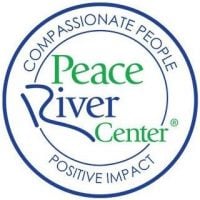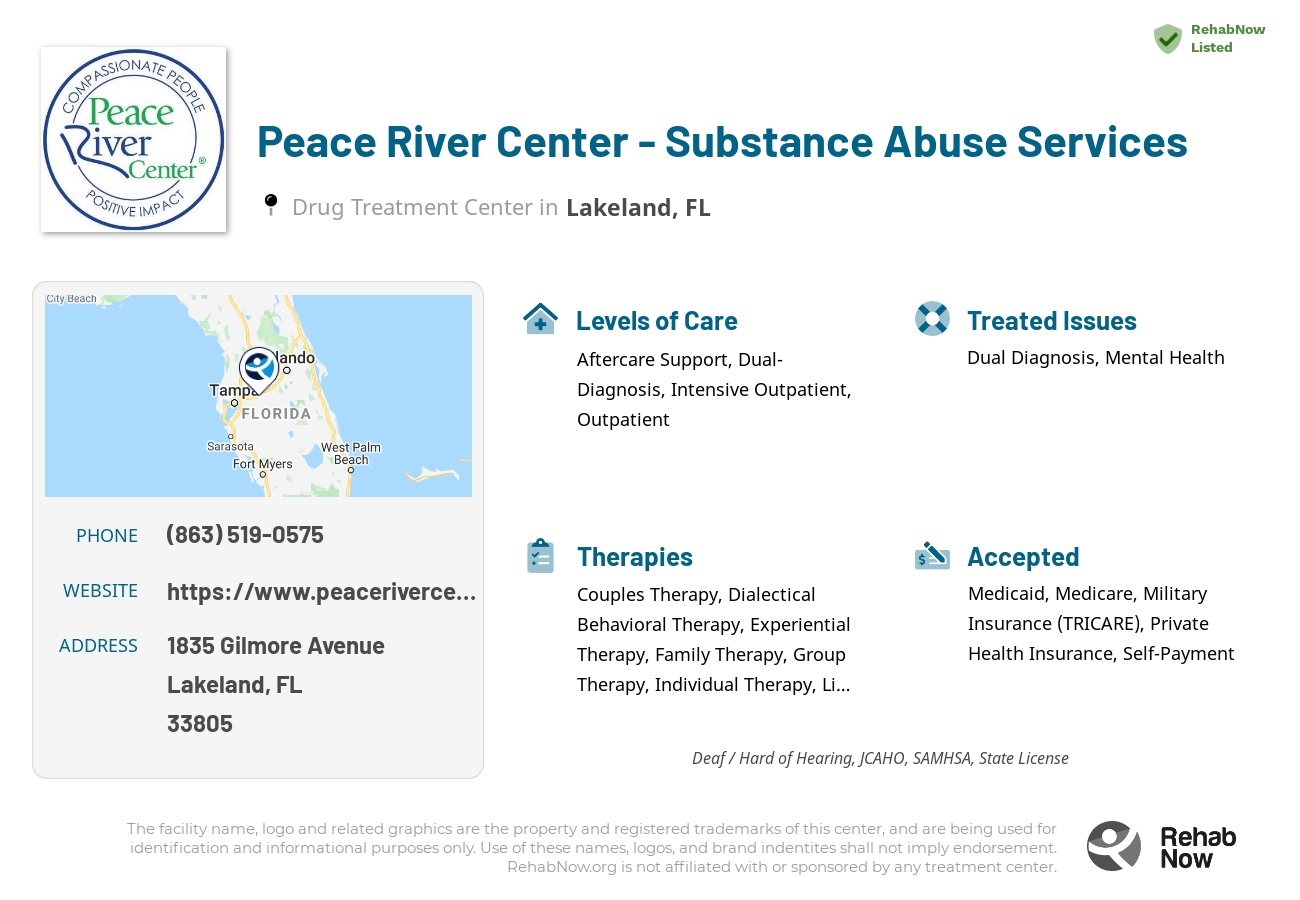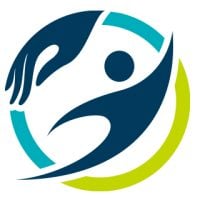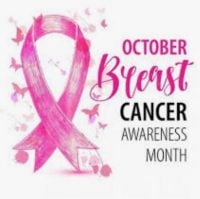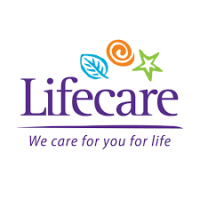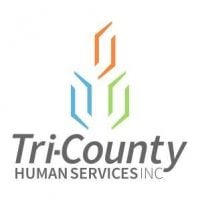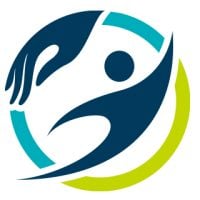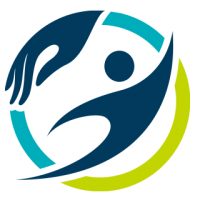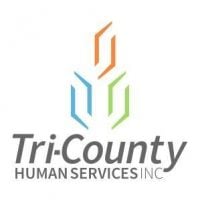Peace River Center - Substance Abuse Services
Drug Rehab Center in Lakeland, Florida
Peace River Center - Substance Abuse Services in Lakeland, Florida offers highly reputable, accredited and comprehensive treatment for individuals suffering from substance abuse and addiction, including evidence-based therapies, counseling, medication management, and holistic support, with a focus on personalized care and ongoing aftercare services.
About Peace River Center - Substance Abuse Services in Florida
Peace River Center Substance Abuse Services, nestled in Lakeland, Florida, caters to both adults and adolescents on their journey to sobriety from alcohol and drugs. This facility stands apart by offering a spectrum of care levels including intensive outpatient, outpatient, and aftercare programs specifically tailored for those seeking a robust support system in recovery. Their unique approach integrates individual and group therapy with educational classes, ensuring a comprehensive treatment experience.
- Personalized Treatment Plans: Tailors recovery programs to meet the individual needs of adults and adolescents, allowing for a more effective healing process.
- Dual Diagnosis Support: Offers specialized treatment for individuals facing co-occurring mental health and substance abuse issues, employing a holistic approach to wellness.
- Accredited Care: Recognized with accreditations from JCAHO, holding a State License and SAMHSA Certification, reflecting its commitment to maintaining high standards in addiction treatment.
Peace River Center Substance Abuse Services prides itself on its accreditations, including the JCAHO certification, which underscores its excellence in providing quality care. The center's diverse range of treatment levels, including intensive outpatient and traditional outpatient programs, are designed to meet clients where they are in their recovery journey. Through a blend of therapy, educational programming, and dual diagnosis treatment, individuals are supported in achieving and maintaining sobriety.
Addressing a broad spectrum of addictions, this center is well-equipped to handle alcoholism, drug addiction, and co-occurring mental health disorders. Treatment methods encompass evidence-based therapies, psychological assessments, medication management, and personalized aftercare planning. With an emphasis on both individual and group therapy, clients are afforded the opportunity to explore and confront the roots of their addiction in a supportive, therapeutic environment.
Genders
Ages
Modality
Additional
Accreditations
State License
SAMHSA

JCAHO
Conditions and Issues Treated
A drug rehab center that uses Dual Diagnosis is more likely to be successful in rehabilitating a person. Dual diagnosis helps to identify and treat any co-occurring disorders. It is essential to screen for both addiction and any untreated mental health issues. A dual diagnosis gives rehab the means to treat addiction while restoring mental and emotional health.
About 70% of patients with drug addiction have at least one other psychiatric diagnosis. Fortunately, dual diagnosis treatment is a proven model that has been highly effective.
Levels of Care Offered
This center offers a variety of custom treatment tailored to individual recovery. Currently available are Aftercare Support, Dual-Diagnosis, Intensive Outpatient, Outpatient, with additional therapies available as listed below.
An intensive outpatient program is usually the first phase of addiction treatment. It provides relief for those addicted, but not ready to commit to an inpatient setting. IOPs consist of a daily 3 to 5-hour program, and there is a required number of hours per week. The goal here is to teach patients healthy coping skills, such as stress management.
Outpatient programs offer a lower intensity level of addiction treatment than inpatient facilities. They are ideal for those who have graduated from inpatient facilities, have a supportive home environment, and are motivated to commit to the program. Services offered include medication-assisted treatment, individual and group therapy, and peer group support.
This treatment is a popular option for those suffering from a lower intensity addiction. It is not advisable for someone who needs to go through a medically supervised detox or does not have a supportive home environment. It requires motivation and dedication to commit to the program without constant monitoring.
Aftercare Support in drug rehab is crucial because it helps people stay sober after treatment. Aftercare Support in drug rehab is helpful because it provides the recovering person with a support group, including family members, friends, and other peers who are also in recovery.
The benefits of Aftercare Support are that it provides a pathway that will help people get sober for life. It supports healing at all levels, physical, mental, emotional, and spiritual. Another benefit of Aftercare Support is that participants learn to maintain their sobriety through holistic methods. They learn to modify behaviors individually to have peace of mind, have positive relationships with others, and find peace on the inside.
Therapies & Programs
During individual therapy at Peace River Center - Substance Abuse Services in , the person in recovery meets with a therapist one on one to go over their situation and learn from past mistakes. The counselor or therapist will use this time to address the causes of addiction, triggers, and any mental issue or dual diagnosis. They will also address aftercare plans, giving them the best chances of long-term sobriety.
This therapeutic process is very intense and challenging to go through. Some clients may find it easier to open up with someone apart from their family or loved ones who understand their struggles and experience with addiction.
The process of going through couple’s therapy at Peace River Center - Substance Abuse Services in allows for both partners to be on the same page regarding addiction recovery. Whether one or both members of the couple struggled with addiction, they can improve their odds of sobriety by undergoing this treatment together. This therapeutic environment teaches how to communicate effectively and avoid relapse triggers while building healthy lifestyles that may help maintain sobriety following graduation from rehab programs.
Family therapy is designed to help addicts get clean and sober by using what they love the most; their family. Most drug treatment centers make it mandatory that the addict’s family attend therapy sessions, which is great because having everyone there to support them makes it much easier for them to get clean. Not only are they surrounded by people who want them to get better, but everyone is there because they want the best for them, not because they feel like they have to be.
Drug addicts are often surrounded by resentful or uneducated family members who would, at times, rather see them stay addicted because it makes their own lives easier. Sometimes they don’t understand what the addiction is or how they play a part in it. They know that during and after the addict’s sobriety journey, they will face challenges and changes that they aren’t sure how to handle. This can be very tough for an addict to go through on their own, which is why it’s so important that they have the support of their family. Just because someone is an addict does not mean that they don’t deserve the love and support of those around them.
Addicts in Lakeland, FL can find support in group therapy at Peace River Center - Substance Abuse Services by finding peers who understand their situation and being held accountable. They also learn to develop faith, understanding, and insight into their addiction through shared conversations.
Group Therapy is employed by drug treatment centers to provide the recovering addict with a platform to talk about their feelings and experiences. It also provides for an opportunity to learn from other addicts who have successfully overcome their addiction. It is recommended that all group members be recovering addicts for this type of therapy to work.
Trauma therapy allows people who struggled with a past trauma to face the situation and learn from it. Many people go through traumatic events at an early age that later leads them into addiction as adults. By addressing this issue during treatment at Peace River Center - Substance Abuse Services in [/type], you can move forward with your recovery process and take back control of your sober future, too!
Traumas are one of the most common causes of psychological disorders such as Addiction Disorder. It’s often found among those diagnosed with Addictive Disorders because traumatized individuals have strong emotions or thoughts related to their traumas, leading to addictive behaviors.
Dialectical behavior therapy (DBT) is a cognitive-behavioral therapy that focuses on eliminating specific negative thoughts, such as suicidal thoughts. These negative thoughts can potentially lead to an individual inflicting self-harm. It helps treat patients exhibiting uncontrollable emotions, intense mood swings, and borderline personality disorders.
The term “Dialectic” means the integration of opposites. In substance abuse, DBT refers to accepting the patient’s addiction and working to change their thoughts and behavior. It improves life skills such as controlling intense emotions without reacting impulsively, resolving interpersonal conflicts effectively, and promoting awareness about self and others.
Cognitive Behavioral Therapy (CBT) helps addicts comprehend the causes of their substance abuse and the consequences that follow. The treatment’s goal is to help addicts gain self-control and maintain abstinence from drugs and alcohol over the long term. Through CBT, clients learn to recognize and avoid high-risk situations and cope with challenging situations when they arise.
Rational Emotive Behavior Therapy, or REBT, is a form of Cognitive Behavioral Therapy developed to help people overcome specific emotional and behavioral problems.The theory behind REBT is the belief that a person’s thinking (and resulting emotions) create their reality. By helping patients let go of certain ideas, they can reduce their feelings of anger and hostility and feel a sense of relief from rigid expectations. This, in turn, is believed to result in a reduction in both emotional and behavioral problems, impacting drug addiction.
Many people who struggle with addiction in Lakeland, Florida also have trouble managing their daily responsibilities after treatment. With this type of therapy, addicts are taught how to manage their time, attain specific goals, and take care of all facets of their lives without the influence of drugs or alcohol.
During these sessions, therapists will work with addicts to identify personal values and goals. They will then help addicts set goals for achieving those values and standards. In the process, therapists help addicts develop strategies for fulfilling their goals and successfully managing their responsibilities.
In many cases, this type of therapy is used in conjunction with other types of addiction treatment services to address specific issues that affect a recovering addict’s ability to stay sober.
Patient Experience
Experiential Therapy at Peace River Center - Substance Abuse Services
Experiential therapy is a type of treatment involving immediate, intense experiences designed to manage addiction. Experiential therapy is beneficial for:
- People who are seeking to overcome an addiction but have difficulty focusing on treatment goals
- People with short attention spans due to high levels of stress or difficulty concentrating
- People who are afraid of engaging in treatment due to negative past experiences
Payment Options Accepted
For specific insurance or payment methods please contact us.
Is your insurance accepted?
Ask an expert, call (888) 674-0062
Peace River Center Associated Centers
Discover treatment facilities under the same provider.
- Peace River Center - Lake Parker Avenue in Lakeland, FL
- Peace River Center - Golfview Avenue in Bartow, FL
- Peace River Center - South Highlands Avenue in Sebring, FL
- Peace River Center - East Orange Street in Wauchula, FL
- Peace River Center - 1239 East Main Street in Bartow, FL
Learn More About Peace River Center Centers
Additional Details
Specifics, location, and helpful extra information.
Lakeland, Florida 33805 Phone Number(863) 519-0575 Meta DetailsUpdated April 15, 2024
Staff Verified
Peace River Center - Substance Abuse Services Patient Reviews
There are no reviews yet. Be the first one to write one.
Lakeland, Florida Addiction Information
Florida is one of the nation's epicenters for substance abuse and drug-related overdoses. In 2014, around 410,000 Florida residents were addicted to drugs and alcohol. Over the last 10 years, 12% of all deaths in the state were attributed to substance abuse. Treatment admissions for alcohol reached 24,329 patients in 2016, and 2.5% of Florida high school students admitted to using crack cocaine.
Lakeland, FL, has a moderate to the high drug addiction problem. In 2016, 12.9 percent of Lakeland residents aged 12 and older reported. Additionally, 9.8 percent of Lakeland residents reported alcohol dependence. The latest statistics show that there has been a 4.1% increase in drugs like oxycodone and hydrocodone since 2013. If you're looking for the best drug treatment facility in Lakeland, Florida, you can start by doing some research online.
Treatment in Nearby Cities
- Maitland, FL (52.6 mi.)
- Coral Gables, FL (191.4 mi.)
- Tavares, FL (52.5 mi.)
- Ormond Beach, FL (100.0 mi.)
- Oviedo, FL (61.3 mi.)
Centers near Peace River Center - Substance Abuse Services
The facility name, logo and brand are the property and registered trademarks of Peace River Center - Substance Abuse Services, and are being used for identification and informational purposes only. Use of these names, logos and brands shall not imply endorsement. RehabNow.org is not affiliated with or sponsored by Peace River Center - Substance Abuse Services.
